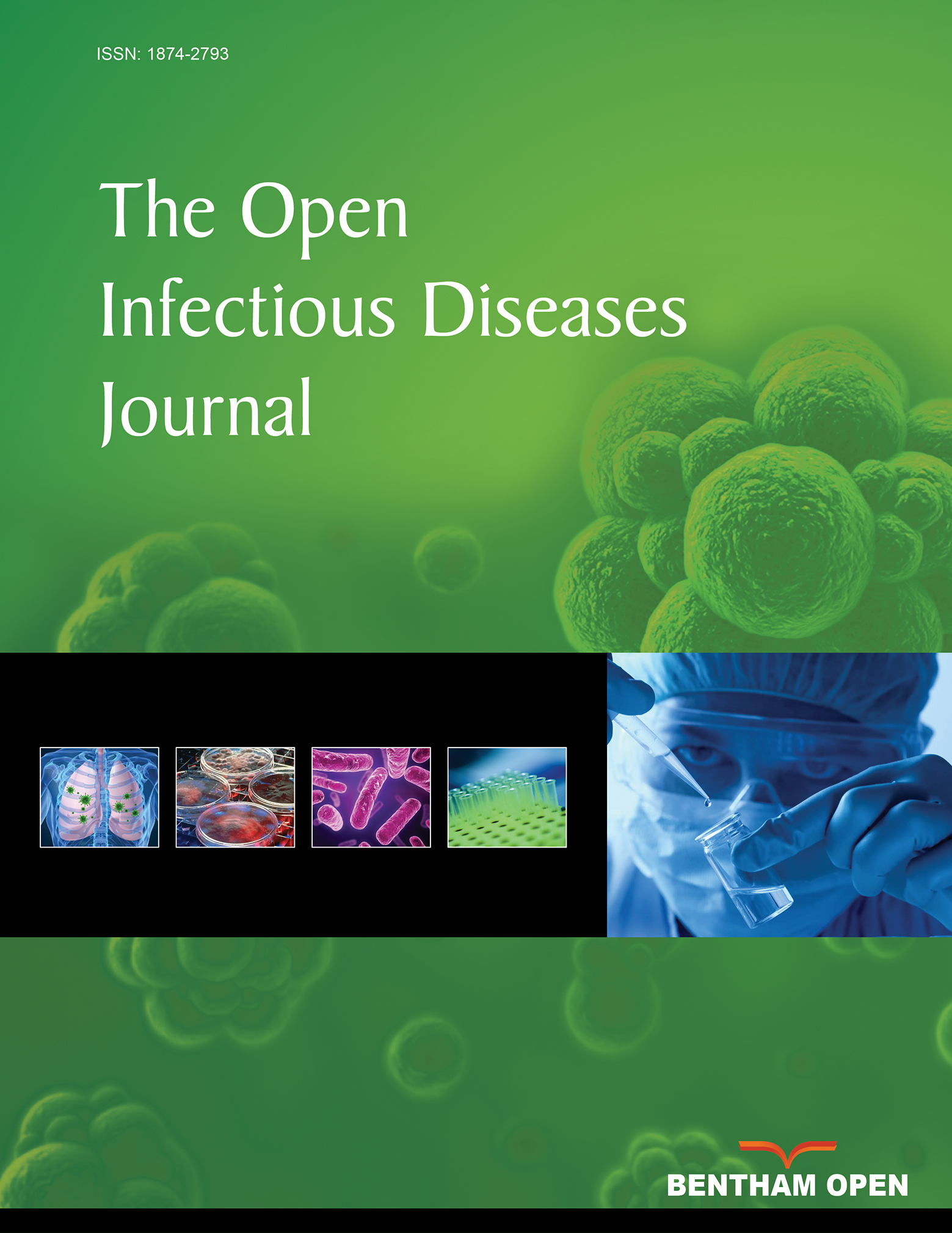All published articles of this journal are available on ScienceDirect.
The Capacity of African Research Institutions to Respond to HIV/M. tuberculosis Co-Infection
Abstract
The paper reports on an investigation undertaken for the Network for European/ICPC cooperation in the field of AIDS and TB (EUCO-Net) into the state of biomedical research on the HIV/AIDS and Mycobacterium tuberculosis (MTB)/tuberculosis (TB) within 13 selected Sub-Saharan African countries. The case countries were Botswana, Central African Republic, Ethiopia, Gambia, Gabon, Kenya, Malawi, Mozambique, Senegal, South Africa, Uganda, Zambia and Zimbabwe. An important objective of the research was to document the extent of linkages between HIV/AIDS and TB research endeavours within these countries to address co-infection. The study examines five aspects of current research in these fields. First, it considers individual country demographic and epidemiological status. Second, it examines the scope and costs of diagnostic services for these diseases. Third, it considers inter-cultural sensitivities that positively or negatively impact on (or influence) biomedical research in the case countries. Fourth, it identifies the extent of funding for basic science research and details the main institutional funders and recipients of funding. Fifth, it details the scale of medical studies with respect to the two diseases, identifying the scope of research activities within the case countries, the nature of the funding and research partners. The research concludes that African institutions can significantly contribute towards addressing the scientific challenges needed to advance diagnostics, pioneer new drugs and develop vaccines, but only if they receive a significantly higher injection of funding. South African institutions are well positioned (scientifically) to lead research within the African context, having the human capacity to conduct research and benefiting from supportive state institutions.


